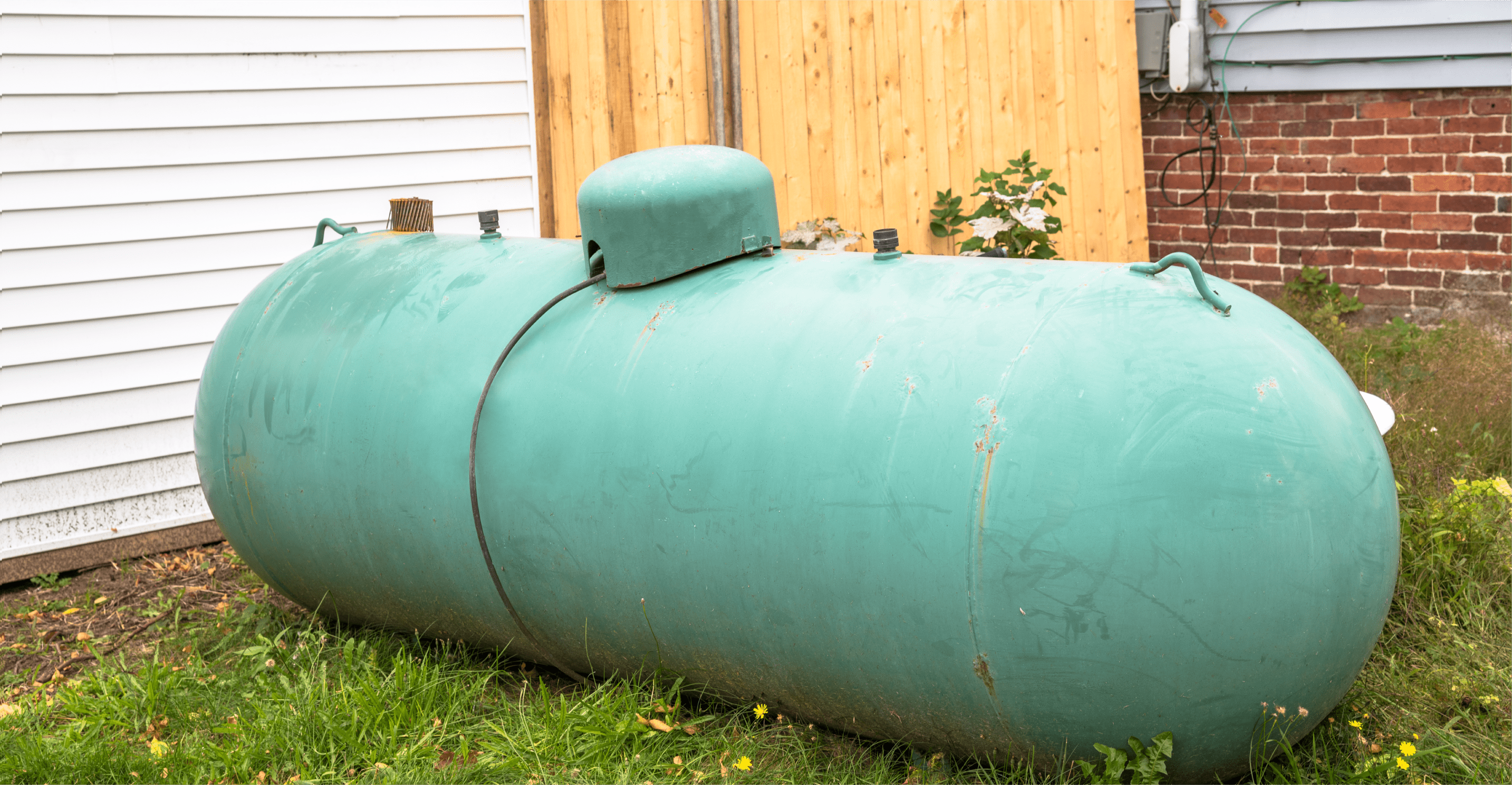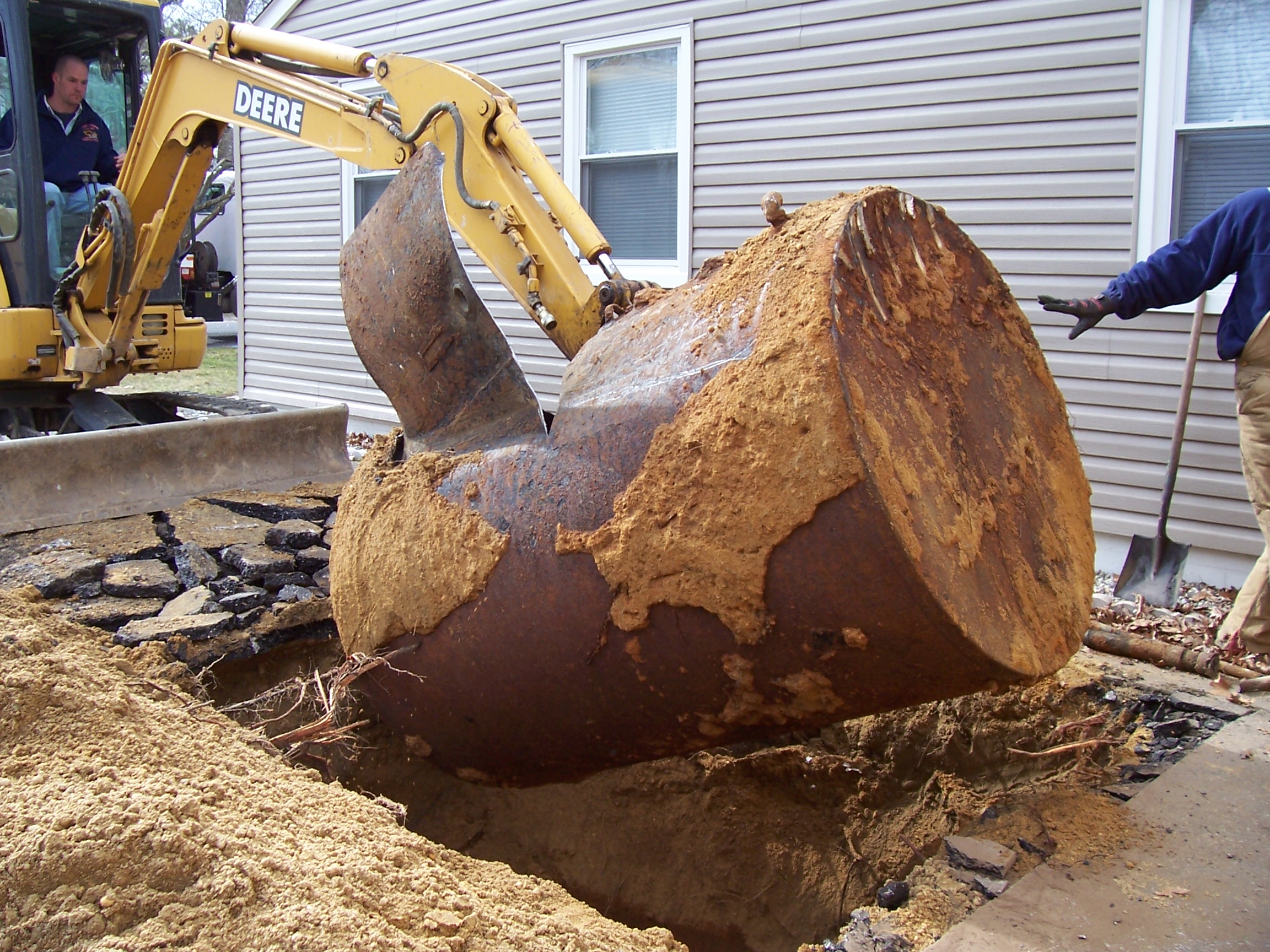
Updated January 19, 2024
For a majority of projects involving renovations, demolitions, or additions to a property, it's necessary to obtain a permit from your local government before the work gets started. This not only helps the city keep track of a home's structure and integrity but it also allows inspectors to check for issues in the future.
On top of that, permits act as proof of building code compliance when the time comes to sell your home or refinance it. Buyers and lenders want to know that work done to your home complies with local building codes.
If you discover that your contractor completed a demolition or renovation project without obtaining the necessary permit(s), it's your financial responsibility. Fortunately, you have the option to apply for a permit retroactively once the work is complete. This article provides a detailed guide on the steps to take and the actions to remediate the situation.
Jump to:
- What Demolition or Renovation Projects Require a Permit?
- Why Do I Need the Proper Permits?
- Who Issues Demolition and Renovation Permits?
- What Should I Do If My Contractor Didn't Get a Permit?
Find a qualified demolition or remodeling contractor near you
What Demolition or Renovation Projects Require a Permit?
Most demolition or renovation projects require a permit, but we'll take a closer look at the most common project types to see which project calls for a permit and which may not.
Structural Demolition
Any type of structural demolition (or structural change, i.e. foundation, roofing, porches, etc.) will require a permit for safety and regulatory concerns. This includes commercial structural demolition, house demolition, garage demolition, barn demolition, shed demolition, and any other structural demolition.
Demolishing a structure involves significant risks, including:
- Potential hazards to neighboring properties
- Environmental impacts
- Safety of both workers and the public
This ensures that demolitions are carried out in compliance with established safety standards and regulations. This regulatory oversight helps prevent accidents, minimizes environmental damage, and ensures that the demolition aligns with zoning and land use regulations in the area. Ultimately, the permitting process aims to safeguard communities and uphold responsible demolition practices.
Interior Demolition
Interior demolition often needs a permit, but sometimes a permit isn't necessary. For example, if your interior demolition work is very minimal and doesn't involve removing or tearing into any load-bearing walls or other major features, like a shower/bath or ceiling, you may not need a permit. If it does involve any of these aspects, you likely will need a permit to do so.
Contact your local building department to get clarification on whether or not your interior demolition project will require a permit.
Pool Removal
Removing a pool is another project that almost always requires a permit, especially if the pool is inground. In many cases, an above ground pool removal also requires a permit because it still requires safe and properly executed removal to ensure the environment and surrounding community are not impacted by improper removal or pool drainage.
Your local government will be able to tell you whether or not your pool removal requires a permit, as many have rules regarding how a pool must be removed. Some may have zoning ordinances or codes stating that a pool must be completely removed, not just filled in. If partial pool demolition and removal is allowed, there may be specific protocols on how the pool must be filled in.
Chimney Removal
Because chimney removal can be dangerous and affect the structure of your home, it requires a permit. There may also be rules around if you can remove a chimney at all if you have a historic home or live in a historic neighborhood. We recommend involving a structural engineer to help you determine what work needs to be done and how to get the correct permit.
Deck Removal
A deck removal is a relatively simple project, but it can still require a permit in some cases and in some cities. Most local departments do not have regulations regarding the removal of decks, but some do, so confirm with your local department before performing any work, especially if doing the work yourself.
Fence Removal
Fence removal often requires a permit because it involves digging into the ground and following the proper safety protocols to ensure nothing below ground is damaged.
Tank Removal
Because tank removals require the safe and proper removal of a container that contains oil, propane, and other hazardous chemicals, it is important to obtain the necessary permits to do this work, whether it's an above ground tank or underground. The improper removal of these tanks can be dangerous and impact the safety and health of people in the area. This is why a permit is necessary for this type of work.
Debris Removal
If your demolition or renovation project is ongoing, you'll likely need to rent a dumpster to manage the debris. If the dumpster is on your private property, like a driveway or in the yard, you probably will not need a permit. However, if the dumpster needs to be placed in the public right-of-way, such as in the street, in an alleyway, or blocking a sidewalk, you'll need to get a permit from your city's local department.
Find a qualified dumpster rental service in your area with Hometown Dumpster Rental. We make it easy to request free quotes, read verified customer reviews, compare quotes and services, and get answers to common dumpster rental questions to make the hiring process simple and stress-free.
Why Do I Need the Proper Permits?
Obtaining a permit for a demolition or renovation project is a crucial step in ensuring the safety, legality, and proper execution of the work.
Safety
The permitting process involves a thorough review of project plans, ensuring that they comply with building codes and zoning regulations. This review process helps prevent potential hazards that may arise during or after the project, from structural instability to environmental contamination. Additionally, permits act as a basic framework for accountability, allowing authorities to monitor and enforce compliance with safety protocols.
Securing a demolition or renovation permit is not just a legal requirement, it also serves as a protective measure to safeguard the well-being of both the workers and the surrounding community, while also ensuring the proper management of debris and potential environmental impacts.
Read more: Demolition Safety 101: How to Be Sure Your Demo Project Runs Smoothly & Safely
Selling
Securing a permit for a demolition or renovation project is essential when selling your home as well.
Firstly, potential buyers often seek assurance that all modifications to a property they're considering buying have been conducted legally and comply with building codes. Having the necessary permits demonstrates that the alterations were undertaken with proper oversight and adhere to safety and structural standards.
Furthermore, during the home inspection process, a lack of the required permits can raise red flags and jeopardize the sale. Mortgage lenders and insurers may also inquire about permits, and a lack thereof could complicate financing arrangements.
Ensuring all renovations or demolitions are properly permitted not only enhances the marketability of your home but also provides transparency and confidence to prospective buyers, contributing to a smoother and more successful home-selling process.
Insurance
Another reason it's necessary to obtain a permit for a demolition or renovation project is for insurance purposes, as it directly impacts the coverage and protection of your property.
Insurance providers typically require proof of permits to ensure that any and all work adheres to safety standards and building codes. Having the necessary permits in place serves as documentation that the project is legitimate and conducted with proper oversight, reducing the insurance company's risk.
In the event of an accident, structural damage, or other unforeseen issues during the renovation or demolition, insurance claims may be affected if the work was carried out without the required permits. Conversely, having the proper permits increases the likelihood of insurance coverage, providing homeowners with financial protection and peace of mind in the face of unexpected events related to the project.
Who Issues Demolition and Renovation Permits?
Permits for demolition and renovation projects are issued by local building departments. These local authorities are responsible for regulating construction-related activities and verifying that proposed projects adhere to established safety and environmental standards.
If a contractor isn't willing to pull the necessary permits for your project, this is a red flag. If a contractor is properly licensed, insured, and qualified to do the work, they will have no issue handling the permit pulling process for you. Be sure to keep a lookout for other red flags when searching for the right contractor.
What Should I Do If My Contractor Didn't Get a Permit?
If your contractor didn't pull a permit, you will have to do it instead. Whether or not the project is already completed will determine other additional steps.
If the Project Is Done...
If your project is already complete, the next step should be to reach out to your local building and planning commission to schedule an inspection of the work your contractor completed.
The inspection will include all aspects of the work that is visible, and in some cases, some of the work done may have to be reversed to ensure it meets all necessary building safety standards.
The goal of the inspection is to ensure that the home where the work was done meets local building codes, and as such, they may ask you to provide them with information about the company that you hired so they can follow up with them about the work that was done. If they are unable to reach the contractor you worked with, you may need to reach out to a qualified structural engineer who can assist in properly evaluating the project and share their findings with the appropriate department.
If the Project Is Not Done Yet...
If your project is still in progress, you should reach out to your local building department about obtaining the necessary permits right away, ideally before the contractor does any more work. The permits will need to be inspected for compliance by the inspector in order to avoid any potential complications or delays moving the project forward while following the right processes.


